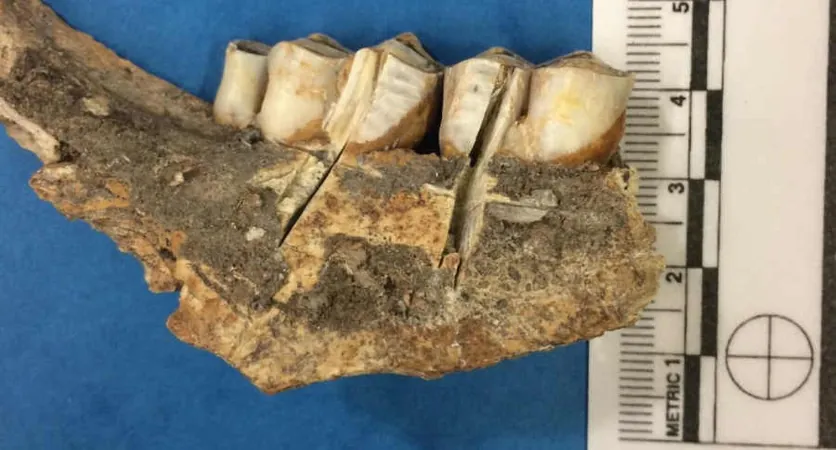
Urgent Dengue Advisory for Schools in Chandigarh Amidst Rising Cases
2024-09-26
Urgent Dengue Advisory for Schools in Chandigarh Amidst Rising Cases
Chandigarh is on high alert as the recent surge in rainfall has created conditions ripe for the Aedes mosquito, the vector responsible for spreading both dengue and chikungunya. In light of this, local authorities are urging all educational institutions in the region to take immediate preventive measures to protect students and staff.
Key Recommendations
The key recommendations from health officials include:
Stagnant Water Management
Schools are advised to inspect and ensure that school buses and other vehicles parked on their premises are free from stagnant water, which can serve as breeding grounds for mosquitoes.
Classroom Precautions
The use of mosquito repellents and coils in classrooms is encouraged. Additionally, all windows and doors should be fitted with wire mesh to keep mosquitoes at bay.
Community “Dry Days”
Authorities suggest observing Saturdays as designated “dry days” to eliminate stagnant water sources and encourage the community to engage in regular clean-up efforts.
Rising Concerns
This advisory comes amid increasing worries as dengue and chikungunya cases are on the rise. Health officials emphasize the importance of collective efforts from families, schools, and the community at large to mitigate the threat of these diseases.
Ecological Approaches
In a related development, experts have been advocating for an ecological approach to combat mosquito populations. Research highlights the benefits of promoting the breeding of Bradinopyga geminata dragonflies, which naturally predate on mosquito larvae and adults, serving as a sustainable alternative to chemical insecticides that can harm beneficial species and foster resistance.
Proactive Steps in Other Cities
Meanwhile, other cities such as Lucknow are also taking proactive steps in response to the outbreak. The local health department is advising students to wear full-sleeve clothing and is ramping up public awareness campaigns about eliminating stagnant water and using mosquito repellents. Recent reports from Lucknow noted a troubling increase, with 28 new dengue cases and 8 malaria cases documented.
Situation in Noida
In Noida, the scenario is equally concerning, with a dramatic rise in dengue cases now totaling 91. The district health department is actively identifying hotspots for mosquito breeding and imposing fines to ensure compliance with health regulations. Hospitals are reporting an uptick in patients presenting with flu-like symptoms and low platelet counts, a clear warning sign of dengue impact.
Conclusion
In conclusion, as the risk of dengue and chikungunya grows with the changing weather, all stakeholders—including educational institutions, healthcare providers, and the public—are urged to remain vigilant and take necessary precautions. The fight against these diseases is a shared responsibility, and awareness is key to prevention.


 Brasil (PT)
Brasil (PT)
 Canada (EN)
Canada (EN)
 Chile (ES)
Chile (ES)
 España (ES)
España (ES)
 France (FR)
France (FR)
 Hong Kong (EN)
Hong Kong (EN)
 Italia (IT)
Italia (IT)
 日本 (JA)
日本 (JA)
 Magyarország (HU)
Magyarország (HU)
 Norge (NO)
Norge (NO)
 Polska (PL)
Polska (PL)
 Schweiz (DE)
Schweiz (DE)
 Singapore (EN)
Singapore (EN)
 Sverige (SV)
Sverige (SV)
 Suomi (FI)
Suomi (FI)
 Türkiye (TR)
Türkiye (TR)